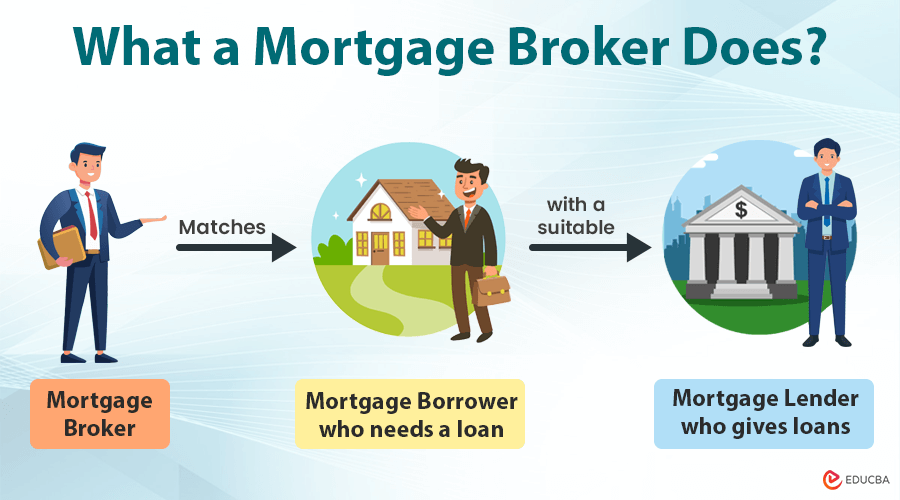Recognizing What a Jumbo Loan Entails and How It Differs From Traditional Fundings
Browsing the ins and outs of big fundings exposes a financing choice tailored for those venturing right into high-value realty, typically surpassing the restrictions established by the Federal Real Estate Finance Agency. In contrast, traditional fundings are typically much more available, benefiting from support by entities such as Fannie Mae and Freddie Mac. The significant danger linked with big fundings necessitates more rigorous certification demands, including greater credit rating scores and substantial down settlements. As these two lending kinds satisfy varying monetary landscapes, understanding their nuances is essential for making educated decisions in the complex globe of property funding. How do you establish which path ideal fits your economic method?
Definition of Jumbo Finances
Jumbo lendings are a kind of home mortgage that go beyond the adapting funding limitations established by the Federal Housing Money Firm (FHFA) These fundings accommodate borrowers who need to finance properties that are much more costly than what standard loan limits allow. The FHFA establishes annual adjusting car loan limitations, and any type of finance going beyond these limits is identified as a big loan.
Generally, jumbo financings are made use of in high-cost realty markets where home rates dramatically go beyond nationwide averages, such as in urbane areas or luxury real estate markets. As these finances are not eligible for purchase by Fannie Mae or Freddie Mac, they carry fundamental risks for lending institutions because of their larger size and non-conformity (jumbo loan). Loan providers frequently enforce extra strict qualification standards for big fundings than basic adjusting loans.
Consumers seeking big fundings need to usually demonstrate a solid economic profile, consisting of a greater credit rating, durable revenue confirmation, and considerable down settlement, typically 20% or even more. Additionally, loan providers might require a lot more extensive paperwork to analyze the customer's capability to take care of larger regular monthly settlements. Understanding the particular qualities of big loans is critical for potential customers navigating this section of the home mortgage market.
Conventional Car Loans Introduction
While big lendings accommodate high-value residential or commercial property financing, traditional finances stand for the even more usual home mortgage alternative in the real estate market. These lendings are not insured or guaranteed by any government entity, such as the Federal Housing Administration (FHA) or the Department of Veterans Affairs (VA) Rather, they are backed by exclusive lenders and adhere to guidelines established by government-sponsored ventures (GSEs) like Fannie Mae and Freddie Mac.
Standard loans are typically offered with fixed or flexible rates of interest and differ in regards to duration, commonly spanning 15 to 30 years. Consumers usually favor standard financings for their foreseeable regular monthly repayments, which can facilitate lasting economic planning. Additionally, they are readily available for key homes, 2nd homes, and financial investment homes, supplying versatility to satisfy varied consumer requirements.

Trick Differences Between Fundings
At the center of this decision-making process are big car loans and conventional lendings, each having distinctive attributes and serving different consumer requirements. Jumbo loans go beyond the adapting funding limits set by the Federal Real Estate Financing Agency (FHFA), which differ by region.

In addition, the deposit requirements can differ significantly. Jumbo finances generally call for bigger deposits, sometimes exceeding 20%, to alleviate threat. Standard loans, conversely, may enable lower deposits, with some programs accepting as little as 3% for qualified customers.
Qualification Needs
Safeguarding a jumbo finance entails fulfilling extra rigorous qualification requirements contrasted to standard car loans, showing the enhanced risk to lenders. These loans, which exceed the adjusting financing restrictions set by the Federal Housing Money Company (FHFA), are not eligible for purchase by Freddie Mac or Fannie Mae, thus exposing lending institutions to higher monetary threat - jumbo loan. Because of this, customers must show a high credit reliability and financial security
A robust credit rating rating, normally 700 or higher, is crucial for authorization. Lenders also anticipate a lower debt-to-income (DTI) proportion, commonly not surpassing 43%, making certain that debtors can manage significant month-to-month payments along with other economic obligations. In addition, a considerable cash money reserve is usually required, generally amounting to six months of home loan payments, to guarantee lending institutions of the customer's economic resilience.
Down settlement assumptions are additionally raised, regularly beginning at 20% or even more of the residential or commercial property's value. While this is a protect for lending institutions, it requires substantial ahead of time resources from consumers.
Selecting the Right Financing
Navigating the intricacy of big car loans needs cautious factor to consider when picking one of the most suitable loan choice. With the more comprehensive array of alternatives offered to those seeking big finances, the decision-making process ought to entail a thorough evaluation of one's financial account and long-lasting goals. Unlike conventional loans, big car loans frequently feature more stringent requirements and differed passion rates, which require thorough research study and a clear understanding of one's economic standing.
When picking between different big loan offerings, it is necessary to evaluate the car loan terms, consisting of passion prices, payment timetables, and connected charges. Customers ought to contrast the rates supplied by various loan providers to guarantee they secure one of the most desirable terms. Furthermore, recognizing the implications of repaired versus variable-rate mortgages (ARMs) is crucial, as each choice offers distinct benefits and threats depending on market conditions and personal monetary approaches.
Engaging with a monetary consultant or home mortgage broker can provide beneficial insights tailored to private conditions. These professionals can assist in navigating the nuances of jumbo loans, guaranteeing that debtors are educated and equipped to select a financing that aligns with their financial objectives, eventually assisting in a smoother home-buying process.
Verdict
In recap, big loans act as a financial instrument for acquiring high-value properties, necessitating strict eligibility demands and higher rates of interest as a result of the raised threat for lending institutions. Unlike conventional lendings, which adapt FHFA restrictions and might get backing from Fannie Mae or Freddie Mac, jumbo fundings call for a minimal credit history of 700 and substantial down settlements. Recognizing these differences is critical for consumers in high-cost actual estate markets to see page establish one of the most appropriate finance choice for their requirements.
The FHFA establishes annual adhering lending limits, and any finance going beyond these thresholds is classified as Learn More Here a big funding.
At the forefront of this decision-making procedure are conventional finances and jumbo lendings, each having unique qualities and serving various customer demands.Protecting a big lending includes satisfying more rigorous credentials demands contrasted to conventional financings, showing the raised danger to loan providers. Unlike traditional car loans, big lendings often come with stricter requirements and varied passion prices, which require extensive research and a clear understanding of one's monetary standing.
Unlike traditional loans, which adapt to FHFA restrictions and may get support from Fannie Mae or Freddie Mac, big financings require a minimum credit history rating of 700 and significant down payments.